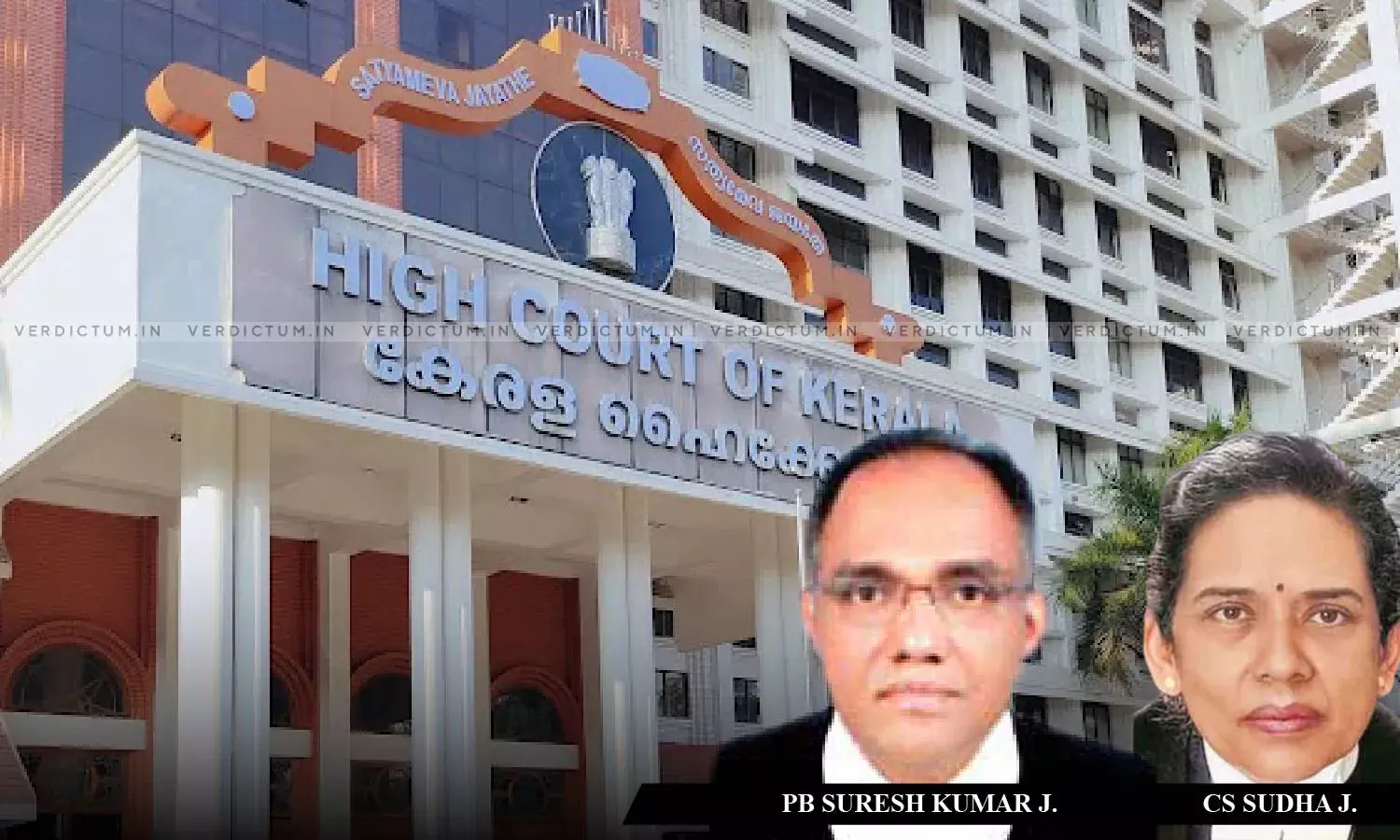Investigating Agency Should Have Attempted To Prove Dead Body’s Identity By Adducing Better Scientific Evidence: Kerala HC While Acquitting Murder Accused

The Kerala High Court has acquitted two accused persons in a murder case on account that investigating agency should have attempted to prove the identity of dead body adducing better scientific evidence.
The said accused persons filed a criminal appeal challenging their conviction and sentence awarded by the Sessions Court under Sections 120B, 302, 397, and 201 read with Section 34 of IPC.
A Division Bench comprising Justice P.B. Suresh Kumar and Justice C.S. Sudha held, “In a case of this nature, according to us, the investigating agency should have certainly attempted to prove the identity of the dead body by adducing better scientific evidence. … it can be seen that the circumstances established in the case by the prosecution are only that the deceased had a homicidal death, that the accused and deceased are natives of Orissa from where Vikram Naik also hails, that the accused were absent in the place of work on 13.06.2012, that the accused purchased two knives from two different shops on 13.06.2012, that blood stains were found on MO11 knife and the clothes of the first accused, though the blood stain in MO11 knife is not that of human origin and that the accused absconded after the occurrence.”
The Bench said that the aforesaid do not establish the guilt of the accused beyond reasonable doubt and hence they are entitled to the benefit of doubt.
Advocate Vishnuprasad Nair appeared for the appellants/accused while Public Prosecutor E.C. Bineesh appeared for the respondent/State.
Factual Background -
A body of a male was found lying on the banks of Bharathapuzha at Pattambi and a crime was registered based on the information furnished under Section 174 of CrPC. In the autopsy of the body conducted thereafter, it was revealed that the body was that of the victim of a homicide and consequently, a report was filed by the police to the jurisdictional Magistrate to convert the case as one under Section 302 IPC. In the investigation conducted thereupon, it was revealed that the body was that of a native of Orissa, and that the accused who were also natives of Orissa and working in a crusher unit caused the death and robbed the deceased in furtherance of a conspiracy.
A final report was accordingly filed on that basis against the accused in the case and it was stated by the first accused that the photographs claimed to have been discovered by the police based on the information furnished by the accused were photographs brought by the relatives of the deceased. A similar statement was filed by the second accused, stating that a sum of Rs.19,000/- was sent by his relatives to the account of a police officer who arrested him. As the Court of Session did not find the case to be one fit for acquittal under Section 232 of the Code, the accused were called upon to enter on their defence. The accused did not adduce any evidence.
The High Court in view of the facts and circumstances of the case observed, “In short, the prosecution has failed to establish that the deceased had called the second accused on 13.06.2012. … Before parting with this case, it necessary to note that Ext.P9 reveals that the penis and scrotum of the victim were found cut off at the time of autopsy. There was no investigation in the case as to the reason for assassins to commit such a brutal act, if their intention was only to cause the death of the victim for committing robbery on him.”
The Court added that when questioned, the investigating officer made a casual reply that it might have been done by the assassins for ensuring the death of the victim. Hence, the Court was not convinced.
“According to us, as it is not necessary to commit such a brutal act to ensure death, there is serious doubt as to the genuineness of the case set out by the prosecution as regards the motive of the crime also”, noted the Court.
Accordingly, the High Court allowed the appeal, set aside the conviction of the appellants, and acquitted them.
Cause Title- Komishan Bag & Anr. v. State of Kerala (Neutral Citation: 2023:KER:52906)


